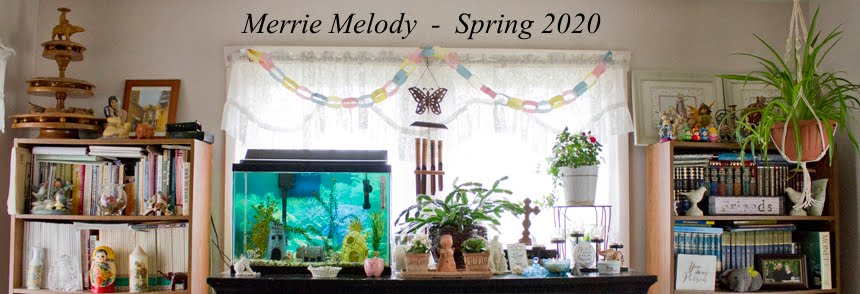Excerpt from On Writing by Stephen King:
"So okay - there you are in your room with the shade down and the door shut and the plug pulled out of the base of the telephone. You've blown up your TV and committed yourself to a thousand words a day, come hell or high water. Now comes the big question: What are you going to write about? And the equally big answer: Anything you damn well want. Anything at all...as long as you tell the truth.
The dictum in writing classes used to be 'write what you know.' Which sounds good, but what if you want to write about starships exploring other planets or a man who murders his wife and then tries to dispose of her body with a wood-chipper? How does the writer square either of these, or a thousand other fanciful ideas, with the 'write-what-you-know' directive?
I think you begin by interpreting 'write what you know' as broadly and inclusively as possible. If you're a plumber, you know plumbing, but that is far from the extent of your knowledge; the heart also knows things, and so does the imagination. Thank God. If not for heart and imagination, the world of fiction would be a pretty seedy place. It might not even exist at all.
In terms of genre, it's probably fair to assume that you will begin by writing what you love to read - certainly I have recounted my early love affair with the EC horror comics until the tale has gone stale. But I did love them, ditto horror movies like I married a Monster from Outer Space, and the result was stories like 'I was a Teenage Graverobber'. Even today I'm not above writing slightly more sophisticated versions of that tale; I was built with a love of the night and the unquiet coffin that's all. If you disapprove, I can only shrug my shoulders. It's what I have.
If you happen to be a science fiction fan, it's natural that you should want to write science fiction (and the more sf you've read, the less likely it is that you'll simply revisit the field's well-mined conventions, such as space opera and dystopian satire). If you're a mystery fan, you'll want to write mysteries, and if you enjoy romances, it's natural for you to want to write romances of your own. There's nothing wrong with writing any of these things. What would be very wrong, I think, is to turn away from what you know and like (or love, the way I loved those old ECs and black-and-white horror flicks) in favor of things you believe will impress your friends, relatives, and writing-circle colleagues. What's equally wrong is the deliberate turning toward some genre or type of fiction in order to make money. It's morally wonky, for one thing - the job of fiction is to find the truth inside the story's web of lies, not to commit intellectual dishonesty int he hunt for a buck. Also, brothers and sisters, it doesn't work.
When I'm asked why I decided to write the sort of thing I do write, I always think the question is more revealing than any answer I could possibly give. Wrapped within it, like the chewy stuff in the center of a Tootsie Pop, is the assumption that the writer controls the material instead of the other way around. The writer who is serious and committed is incapable of sizing up story material the way an investor might size up various stock offerings, picking out the ones which seem likely to provide a good return. If it could indeed be done that way, every novel published would be a best-seller and the huge advances paid to a dozen or so 'big-name writers' would not exist (publishers would like that)."
Sunday, October 26, 2014
_On Writing_ - Relevant thoughts for NaNoWriMo::October 26
Exactly what I've been pondering on these last eve's before NaNoWriMo ~
Subscribe to:
Post Comments (Atom)

No comments:
Post a Comment